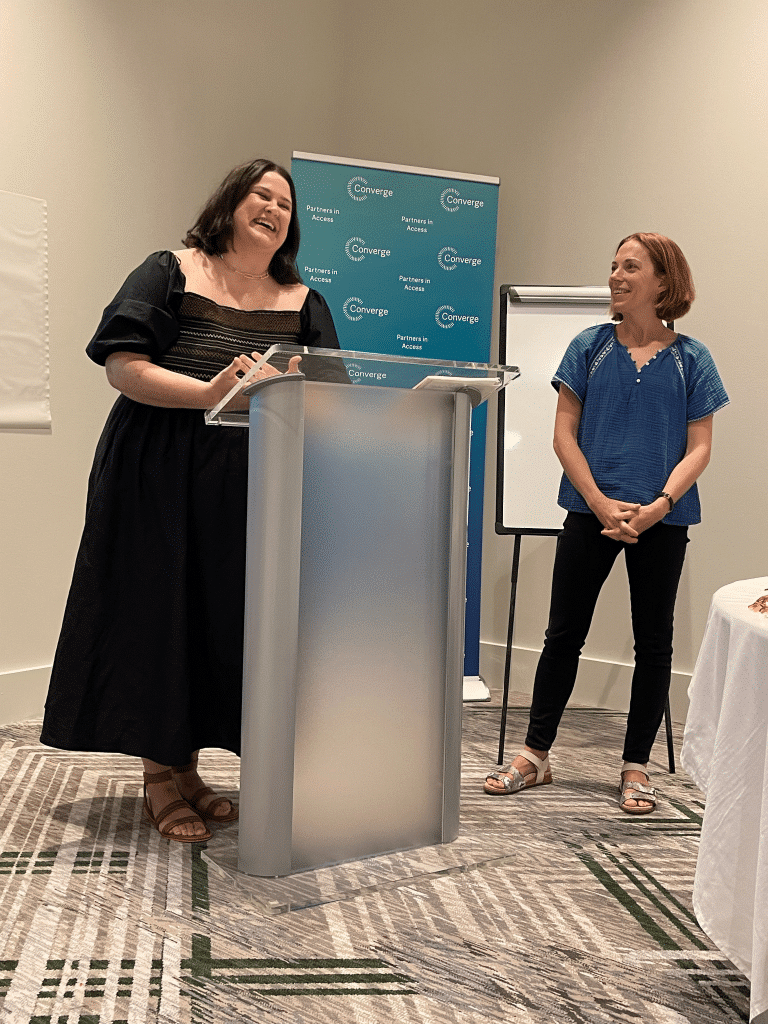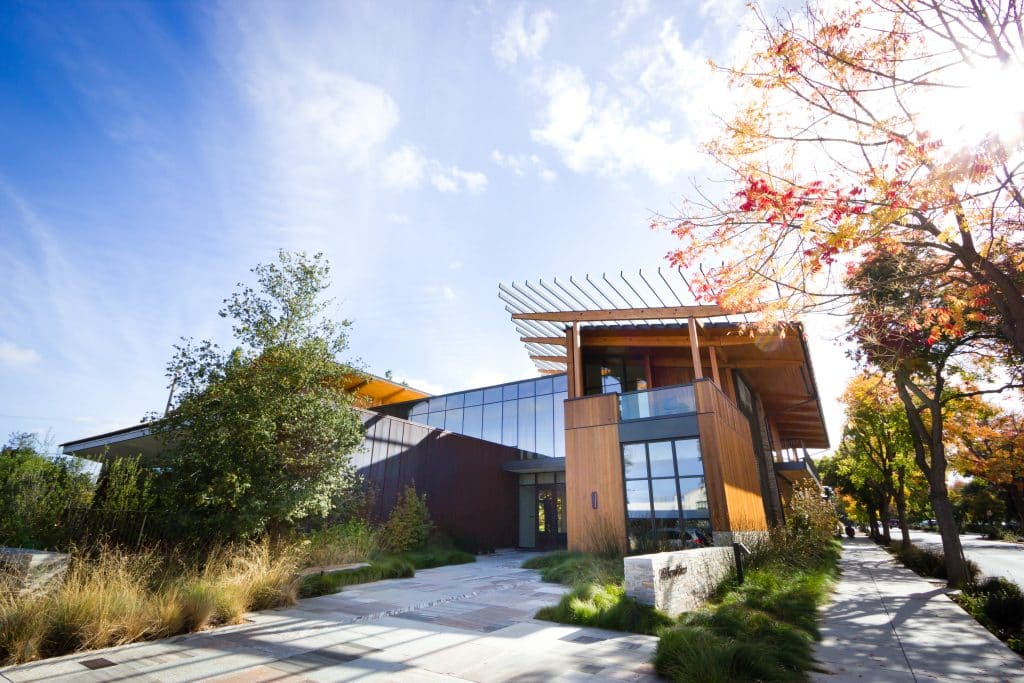When Jamie Bardwell and Danielle Lampton struck up a friendship during their time as undergraduates at Millsaps College in Jackson, Mississippi, they didn’t know that their paths would continue to cross as their careers progressed.
Nor did they know that, together years later, they would end up securing a historic $4.5 million federal grant to provide high-quality reproductive and sexual health services to the people of Mississippi.
Bardwell and Lampton’s friendship blossomed over the years through a shared interest in reproductive health access, public policy, and a mutual frustration over Mississippi’s rigid and outdated health care system. They grew closer still in 2013 when both women were experiencing their first pregnancies. At the time Bardwell worked at the Women’s Foundation of Mississippi leading efforts to get sex education legislation passed while Lampton was at the Mississippi State Department of Health pushing for expanded access to contraceptive care for adolescents.
In comparing everything from OB-GYNs to work experiences, Lampton and Bardwell started to dream up a better reproductive health care system in Mississippi, including reimagining how Title X funding was being used.
Title X (pronounced Title Ten) or The Family Planning Services and Population Research Act of 1970 is a federal grant program that provides free or low-cost care for birth control, STD testing and treatment, HIV testing, cancer screenings, and other services. It is designed to ensure that every person — regardless of their insurance or income —has access to reproductive health care. For many states, Title X funding is distributed to a variety of health centers, but for some states, the state’s health department is the only Title X grantee. This was the case in Mississippi prior to 2022.
“Even in those first conversations, we were aware of the Title X funds that were coming into Mississippi, but we were not seeing significant outcomes from them.” Lampton said. “When I think about the origin of us working together on this, I think it’s about that confluence of seeing a failing system and experiencing pregnancy at the same time, which is a time when you are experiencing the healthcare system in a different way than you ever have before.”
In 2017, when the state’s Title X director left, Bardwell saw an opportunity to work with Lampton at the Mississippi State Department of Health and learn how reproductive health care was managed from within the institution. Even then, both women were frustrated with the bureaucratic and stagnant processes at the health department preventing funding from helping those who needed it.
“We knew that we wanted to create something different.” said Bardwell. “I was only at the health department for 11 months before we had raised enough money for us to leave and dream up Converge.”

With the Women’s Foundation of Mississippi as a fiscal sponsor, Converge: Partners in Access was born in October, 2018. The nonprofit was based on Bardwell and Lampton’s belief that Mississippians deserve the best in their reproductive and sexual health care.
With a $250,000 grant from the David and Lucile Packard Foundation and support from other donors, Converge quickly developed trainings for health clinics and providers focused on person-centered reproductive care. They led research into the sexual and reproductive health care needs in Mississippi and built relationships with care providers in the state.
Then in 2022, Converge applied and beat out the Mississippi Health Department to win the Title X grant of $4.5 million. This was the first time that a nonprofit would be running the program rather than the state.
“There was electricity in the air in Mississippi almost immediately,” said Lampton. “I think one of our biggest impacts is proving that this institutional way that funding has always flowed, that isn’t in service to communities, can change.”
Now, in 2024, Converge has been able to leverage the federal funding to create a network of providers that spans the entire state of Mississippi. That means that there’s a Title X clinic in every major part of the state. The focus now is making sure that services are high-quality and put people at the center of care. Converge has also secured part of the Title X funding for Tennessee to apply their model and address the state’s need for clinics that offer a full range of sexual and reproductive health services.
Expanding Mississippi’s network is a huge win. But people seeking reproductive care in Mississippi still face significant challenges, largely due to restrictive laws. Title X has faced its own starts and stops on the national stage too. For the team at Converge, weathering legislative changes is part of the job and scenario planning is key to preparing for how Title X rules could change in the coming years.
“We are doing this hard work as leaders to make sure this ship is going to be able to sustain choppy waters. Our role is as caretakers of our communities for this funding and our duty is to use it to get good care to people who desire it,” said Bardwell.
Part of what makes Converge so unique is its co-leadership by Bardwell and Lampton who are able to make decisions together and lean on one another when they need to.
“I think it’s true that being a leader is really lonely, unless you have what we have,” said Bardwell. “We often say to each other, there’s no way we would ever do this alone.”
As they look to the future, Bardwell and Lampton are focused on collaboration with national, state, and local leaders on championing the need for family planning care that prioritizes quality and sustainable access. The Packard Foundation provides general support for these efforts and shares in Bardwell and Lampton’s mission to ensure that all people can access high quality reproductive health care when they need it, how they need it and where they live.
Learn more about our work with Converge: Partners in Access here.







